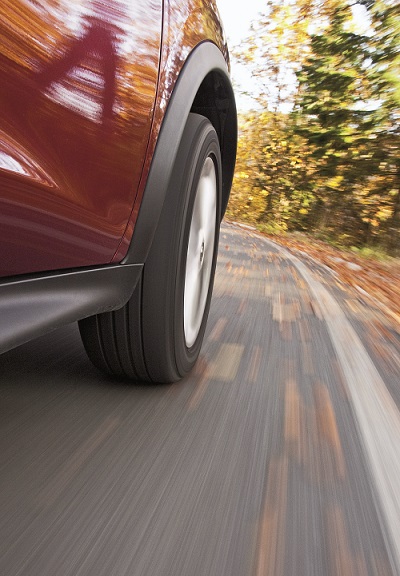A key requirement of your role will be using a vehicle to make deliveries during the day and it is your responsibility for your own safety and the safety of others that you take certain precautions when driving a vehicle.
Ensure that the vehicle you use for delivery is fit for purpose. If this is your own vehicle this will include the insurance, tax and MOT being up to date. If you are involved in an accident, your pharmacist will have a specific procedure which you must follow regardless of whether they insure your vehicle or you do.
You need to ensure that the vehicle is well maintained, so routinely check:
- tyre condition including pressure and tread.
- engine oil.
- screen wash.
- windscreen wipers.
- that all lights are working.
Parking - park and secure the vehicle appropriately, always planning an €exit strategy€ to ensure you can leave safely and quickly if the need arises which will also minimise the disruption to your deliveries if you were to get blocked in. For example, when driving into a cul-de-sac turn your vehicle around prior to making the delivery so you are in the right direction to drive straight out should you need to leave quickly.
Mobile phones - do not use a mobile phone when driving. Even a hands free device can be distracting and you can still be prosecuted if you're not in proper control of your vehicle with the penalties being the same as using a handheld phone.
 The Highway Code - drive in a safe and appropriate manner at all times, ensuring all passengers legally wear seatbelts and that you observe The Highway Code.
The Highway Code - drive in a safe and appropriate manner at all times, ensuring all passengers legally wear seatbelts and that you observe The Highway Code.
Weather - if adverse weather conditions develop and you do not feel safe driving, it is acceptable to cease a journey as soon as you can and wait for conditions to improve, but you must stay in touch with your pharmacy so they know where you are.
Breakdown - in the event of a breakdown or accident keep the safety equipment you require inside your vehicle, which should include a high visibility jacket, warning triangle, torch and some basic items such as warm clothes or a blanket for cold weather and emergency food/drink.
Fitness to drive - avoid driving when tired or if you feel unwell; it is your responsibility to inform your manager if you feel that you are not fit to carry out your duties.
Safety - always keep your doors locked while driving, especially when it is dark and in busy areas. It can be very easy for someone to open a door to gain access to your vehicle or grab something from a seat even if you only stop briefly, e.g. at traffic lights.
Training - if you feel that you could improve your safe driving skills by undertaking advanced driving training speak to your pharmacist. Attending this type of training can not only refresh your driving skills but has additional benefits such as reducing insurance premiums.
Eye care - it is your responsibility to ensure your vision is at the required standard to drive by having regular eye tests. A person's eyesight can often deteriorate slowly over time and it may not be obvious if your vision has declined to a level where it may be unsafe for you to drive. If it has been recommended that you need to wear glasses or contact lenses to drive it is important to follow this advice. If you are involved in an incident you may be required to confirm when you last had your eyesight checked. Don't put yourself at risk by not keeping up to date with your eye tests, as well as the obvious self-care benefit of a regular check.
